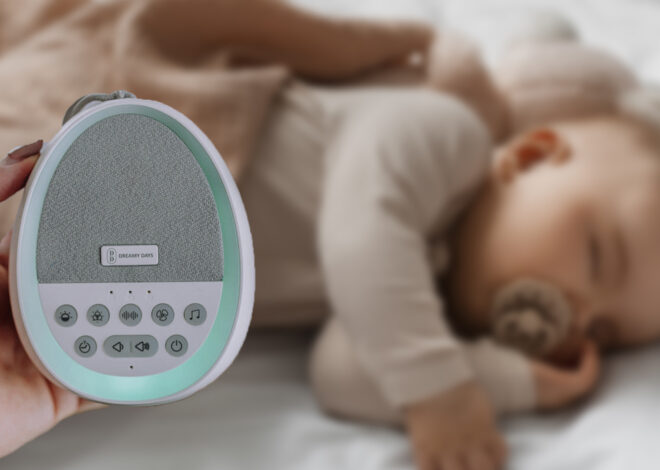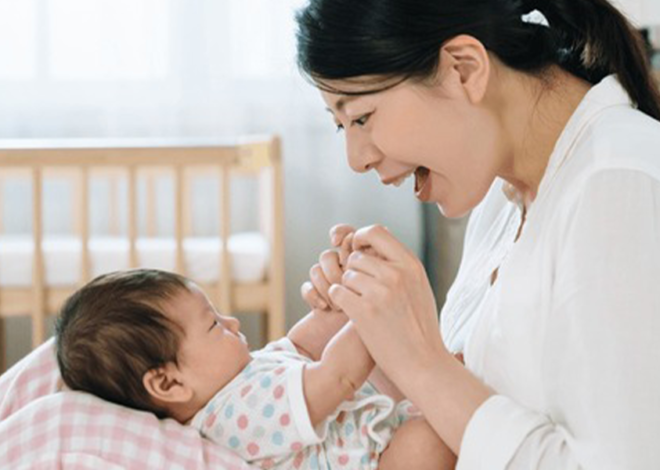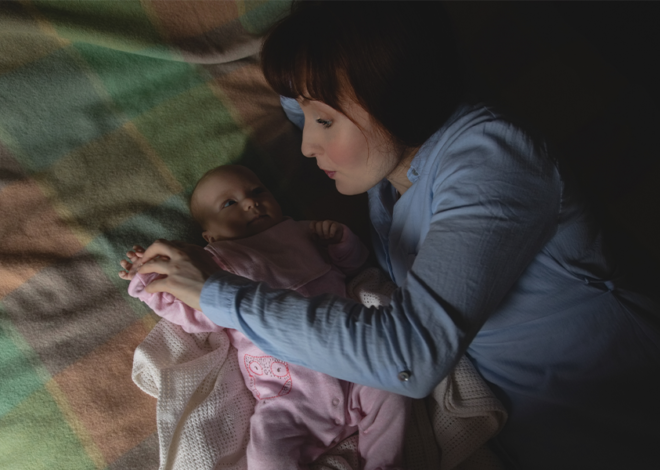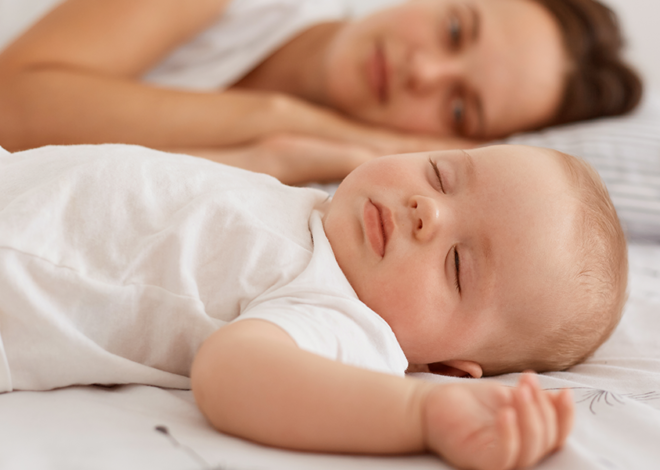Safe Sleep
Can White Noise Help Your Baby Get Better Sleep?
White Noise Benefits: Masks background noise, mimics womb sounds, and helps babies sleep longer.
Calming Effect: Creates a soothing, familiar environment for easier sleep.
Sleep Routine: Can signal bedtime and help set a consistent sleep schedule.
Safety Concerns: Some machines can be too loud. Keep volume under 50 dBA and use at a safe distance (7 feet from the crib).
Use Wisely: Limit white noise to sleep times and check sound levels regularly.
Final Thought: White noise can be effective if used safely—consult your pediatrician.
3 mins read
Gentle Lullabies: A Guide on How to Soothe a Fussy Baby to Sleep
- Choose soft and melodic lullabies with gentle rhythms to create a calming atmosphere for your fussy baby.
- Maintain a consistent bedtime routine that includes singing lullabies, as this signals to the baby that it’s time to wind down
- Hold your baby close while singing, providing a sense of security and warmth that aids in relaxation.
- Experiment with different lullaby styles, such as classical, folk, or lullaby playlists, to find what resonates most with your baby.
- Dim the lights in the room to create a soothing environment that supports the transition to sleep.
- Incorporate gentle rocking or swaying motions as you sing to enhance the calming effect of the lullabies.
- Pay attention to your baby’s cues and adjust your approach based on their responses, ensuring a personalized and effective bedtime routine.
3 mins read
The Sleep-Deprived Parent’s Roadmap to Navigating Parenthood
- Sleep-deprived parents often struggle with chronic fatigue, impacting their ability to function optimally in daily tasks.
- The constant sleep interruptions can lead to heightened irritability, affecting parental patience and emotional well-being.
- Cognitive functions, such as decision-making and problem-solving, may be impaired due to insufficient rest, posing challenges in parenting responsibilities.
- Sleep deprivation can contribute to increased stress levels, potentially straining relationships between sleep-deprived parents and their partners or co-parents.
- Physical health may suffer as well, with weakened immune systems and heightened susceptibility to illness among sleep-deprived parents.
- The ongoing battle with exhaustion can lead to difficulties in maintaining a consistent and nurturing routine for their children.
- ep-deprived parents may experience a heightened risk of mental health issues, including anxiety and depression, as a result of prolonged sleep deficiency.
4 mins read
Baby Healthy, Safe, and Sound Sleep: Tips for Parents
- Back-to-sleep position to reduce the risk of Sudden Infant Death Syndrome (SIDS).
- Firm and flat sleep surface, such as a crib mattress, to create a safe sleeping environment.
- Avoidance of soft bedding, including pillows and loose blankets, in the crib.
- Temperature regulation in the baby’s sleep space to prevent overheating.
- Use of a sleep sack or wearable blanket for warmth without loose bedding.
- Room-sharing without bed-sharing to enhance supervision and accessibility.
- Creation of a calming bedtime routine to promote healthy sleep patterns.
4 mins read




